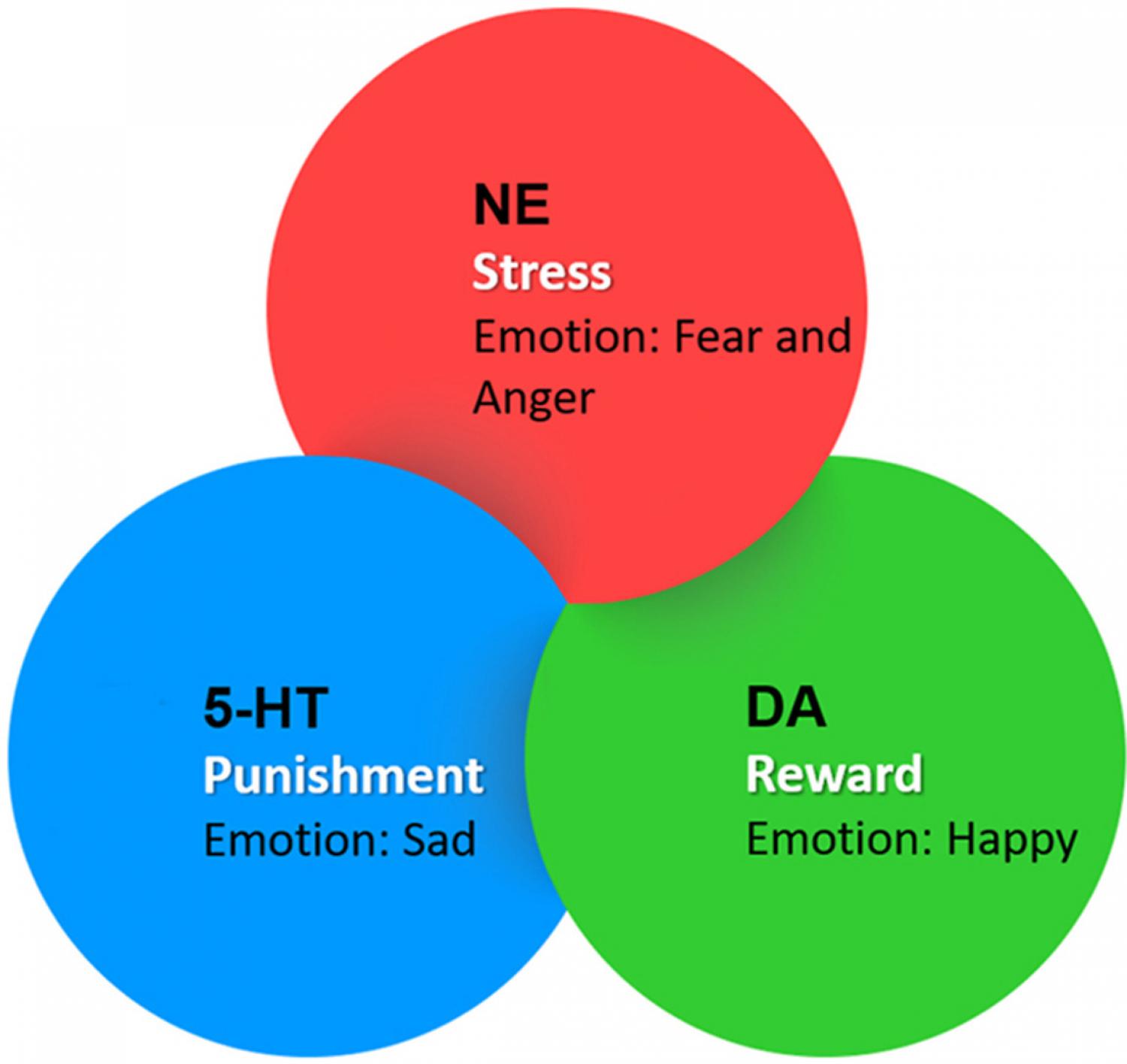
Prolonged pharmacological interventions have detrimental health consequences by developing drug tolerance or drug resistance, in addition to adverse drug events. The ongoing COVID-19 pandemic-related stress has adversely affected the emotional and mental health aspects around the globe. Consequently, depression is growing during the COVID-19 pandemic. Besides specific pharmacological interventions, which if prolonged have detrimental health consequences, non-pharmacological interventions are needed to minimize the emotional burden related to the COVID-19 pandemic. Laughter therapy is a universal non-pharmacologic approach to reduce stress and anxiety. Therapeutic laughter is a non-invasive, cost-effective, and easily implementable intervention that can be used during this pandemic as a useful supplementary therapy to reduce the mental health burden. Laughter therapy can physiologically lessen the pro-stress factors and increase the mood-elevating anti-stress factors to reduce anxiety and depression. In this ongoing stressful period of the COVID-19 pandemic, keeping necessary social distancing, it is important to create a cheerful environment that will facilitate laughter among the family, neighbor, and community to cope with the stresses of the COVID-19 pandemic.
